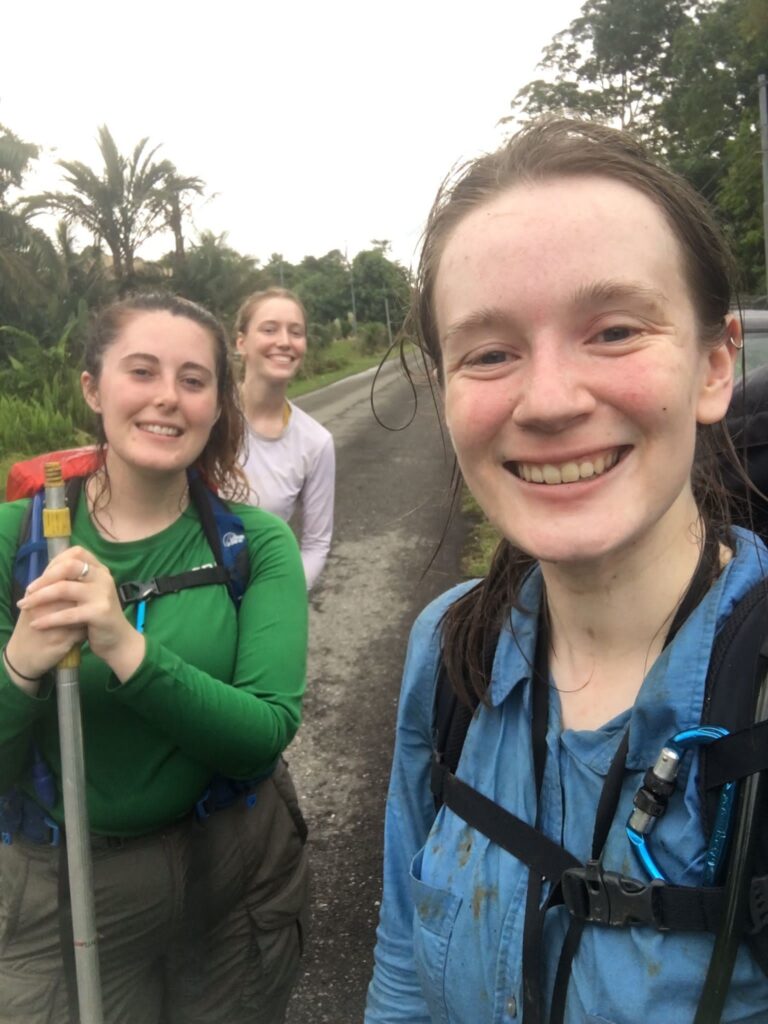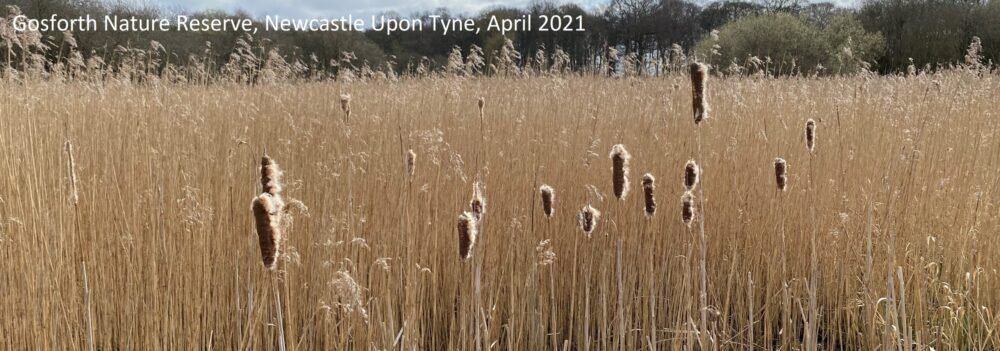Current students
Marieke Singels-Taylor, 24/25 – The effect of humans on the behaviour, and in particular breeding , of Arc terns, Farne Islands, UK. Supervised by Dr Roy Sanderson and Dr Richard Bevan
Brittany Wilding, 24-26 (part – time) – Soil acoustics and their use for monitoring soil biodiversity. UK context.
Georgia White, 24/25 – Mapping priority sites for conservation of the Philippines crocodile. Supervised by Prof Marion Pfeifer and Dr Jelaine Lim Gan.
Shannon Bowers, 24/25 – The effects of farm management on birds. UK context.
Megan Ferrell, 24/25 – The effects of disruption by gulls on other bird species in the Farne Islands. UK.
Emily Scott, 24/25 – Saltmarsh restoration in Northumberland.
Kathryn Jane Watson, 24 – 26 (Part – Time) – Hedgerow restoration for biodiversity – measuring success.
Emanuele Vaccina, 24-26 (Part – time) – Lichens and trees.
Courtney Graham, 24-26 (Part – Time):
Oliver O’Doherty, 24/25 – Insect – plant networks. Supervised by Dr Evelyn Jensen and Prof Darren Evans.
Thomas Mitchell, 24/25 – The effect of river hydromorphology on freshwater invertebrates. Supervised by Dr Roy Sanderson.
Alumni
Evie Skinner, 23/24: Peru – rainforests and microclimate buffering. Supervised by Prof Marion Pfeifer.
Ella Newins, 23/24: Peru – efficacy of monitoring techniques for rainforest bird diversity. Supervised by Prof Phil McGowan.
Euan Floyd, 23/24: UK – River restoration monitoring with invertebrate indicators. Supervised by Dr Roy Sanderson.
Molly Watson, 23/24: UK – Bats, swarming and conservation. Predictive mapping and modelling of swarming site locations for conservation. Supervised by Prof Marion Pfeifer and Prof Stephen Rushton
Nathan Salkeld, 23/24: UK – Monitoring beaver impacts at Wallington National Trust estate. Supervised by Dr Rachel Gaulton
James Gray, 23/24: Portugal – Light pollution and moths. Using eDNA. Supervised by Prof Darren Evans
Jess Keelty, 23/24: part time. Birds and their habitat use in the Wader project. Supervised by Prof Aileen Mill.

Olivia Henderson, 22/23. The introduction of beavers into wetland habitats at Bamff Estate, Perthshire, since 2002. Monitor how they may affect beetle and spider communities as indicators of habitat quality.

Alanna Connor, 22/23. Main Supervisor: Dr Evelyn Jensen. Based in the Newcastle University Ancient DNA lab. Comparison of the genetic diversity in historical and modern individuals of the Galapagos tortoise to investigate how their genetic diversity has changed over time.
Daniel Malumphy Montesdeoca, 22/23: vertical farming and disease

Sarah Lewington, 22/23: Main supervisor: Prof Aileen Mill. My project was part of the LIFE WADER project, focusing on invasive species within the North Northumberland Dunes Special Area of Conservation, UK.

Beth Holdsworth, 2021/22 Beth (on the left in the green shirt) has joined PhD candidate Natasha Mannion (on the right) to understand the impacts of infrastructure projects, and in particular roads and bridges, on rainforest mammals. Supervised by Prof Marion Pfeifer

Ben Kelly, 2021/22 Ben joined PhD candidate Will Ovenden to develop indicators for crop health in sugarcane, farmed using industry and small-holder farming approaches. Supervised by Prof Marion Pfeifer
Alice Whittle 2021/22 Alice was working with the North Pennines AONB on the 5-year long peatLIFE project where she was monitoring the success of peatland restoration using vegetation cover as a proxy.
